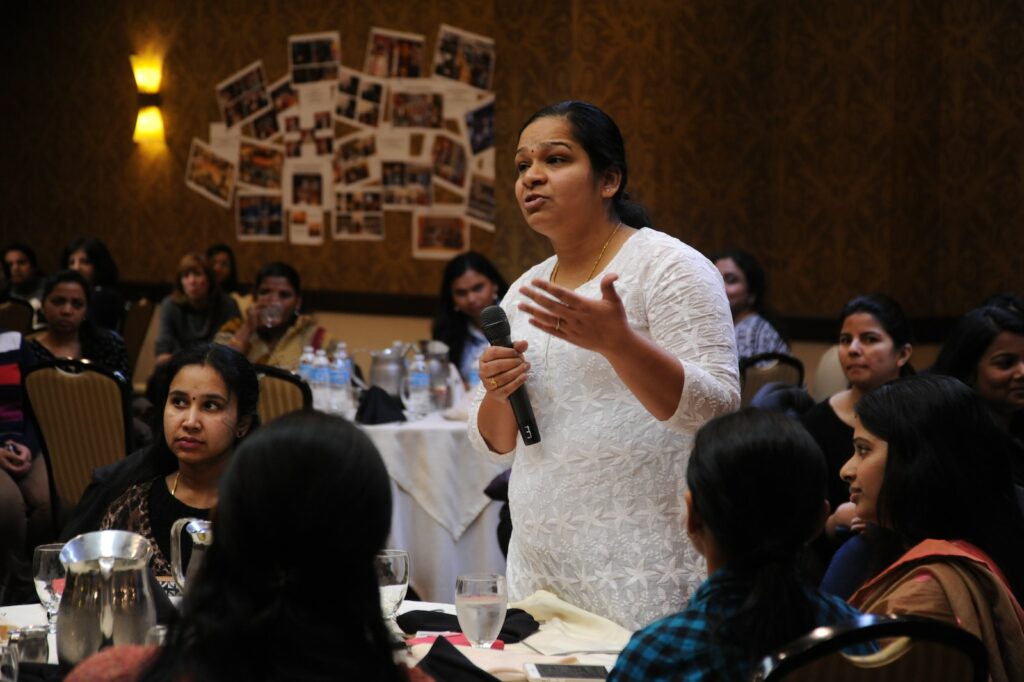You’re here because you’re determined to strengthen your verbal communication. You’re set to understand non-verbal cues, improve your listening abilities, and work on your speech effectiveness.
This article will guide you on how to overcome obstacles in communication. So, let’s get started on your path to become a more persuasive and influential speaker.
Join us and learn how to improve the power of your spoken words.
Key Takeaways
- You now have the tools to better your verbal communication skills. Remember, good communication isn’t just about talking; it’s about understanding, listening, and responding accurately.
- Mastering the art of interpreting non-verbal signs and overcoming communication hurdles is a key part of this journey. Regular practice, increased consciousness, and the ability to hold smooth conversations will aid your progress.
- With each application of these techniques, you’ll find yourself becoming a more effective communicator. This is your chance to shine and give every conversation a purpose.
Understanding Verbal Communication Basics
Underlining the Essentials of Verbal Communication
You should be aware of a crucial aspect: your spoken communication proficiency is a major factor in shaping your interpersonal and work-related relationships. Your professional progression and social exchanges are significantly influenced by your ability to communicate verbally.
To start, concentrate on two primary components – Selecting appropriate Language and Building Vocabulary.
Addressing the former, selection isn’t about merely picking words, but picking the right words. It necessitates an understanding of the listener’s background and adjusting your language accordingly. For instance, the way you converse with your supervisor would differ from how you chat with a close friend, right? Adapt your language to fit the context and the person you’re interacting with.
Shifting focus to Building Vocabulary, this doesn’t mean stuffing sophisticated words in every conversation. It’s more about broadening your word bank to express yourself with more precision and impact. Adopt habits like extensive reading, active listening, and using a dictionary for unfamiliar words. A widened vocabulary not only makes you sound intelligent but also equips you to convey your thoughts and ideas more clearly.
Keep in mind, mastery over your language selection and vocabulary can notably upgrade your communication prowess.
Mastering Non-verbal Signals by Perfecting Non-Verbal Cues
As you work on enhancing your language and vocabulary skills, mastering non-verbal cues is also a fundamental part of the puzzle. Understanding body language can significantly improve the way you communicate. Your posture and gestures can speak volumes, often relaying more information than your spoken words. It’s necessary to ensure that your body language aligns with your verbal message.
Moving on, understanding facial expressions is another key factor. A simple smile or a furrowed brow can communicate a multitude of emotions. These expressions can speak louder than words. Therefore, it’s important to make sure that your facial expressions are in sync with your spoken words. Any discrepancy can lead to misunderstanding or even mistrust.
Mastering non-verbal cues isn’t solely about control; it’s about ensuring a smooth flow between your spoken words and your body language. It’s about using your body language and facial expressions intentionally to support your verbal message. This skill can significantly enhance your communication and improve your ability to connect with others.
Enhancing Listening Skills by Improving Your Ability to Listen
While getting a grip on non-verbal cues can upgrade your interaction capabilities, paying attention to developing your listening skills is just as significant. Listening actively is more than just hearing the spoken words. It’s about grasping the messages, emotions, and intentions behind them. Progressing in your active listening ability, you’ll get a better hand on your exchanges and notably amplify your verbal communication.
The first step is to give undivided attention to the person speaking. Keep distractions at bay and hold back the urge to cut in. Be patient, let them finish their thoughts, then pause for a moment to digest the information before you respond. This approach exhibits respect and interest in their words.
Interpreting feedback is another vital facet. It’s not just about what you articulate, but how you react to what’s being said to you. Listen for the hidden meanings and emotions, then offer considerate, pertinent feedback. This validates your understanding and promotes continuous communication.
Good listening is a skill. It’s an intentional effort that requires continuous practice. But the perks are worth it. By improving your listening skills, you’ll build more durable relationships, settle disputes more effectively, and earn respect in your dealings. Isn’t that a desirable outcome?
Practicing Effective Speech
Let’s shift our focus onto the art of effective speech, a crucial aspect of refining your verbal communication skills. It’s not merely about the words you use, but the manner in which you deliver them. Your speech’s tempo impacts how your message is interpreted. Therefore, it’s vital to maintain a steady speech pace: not too rapid, not too sluggish. This tempo gives your listeners the chance to comprehend your points fully.
Following this, you should strive for impeccable pronunciation. Mispronounced words can throw off your audience and harm your credibility. Use resources such as online dictionaries with pronunciation guides to help you. Keep practicing tricky words until you can say them effortlessly. Remember, perfection doesn’t lie in having a flawless accent, but in being easily understood.
In sum, achieving effective speech involves careful attention to speech tempo and flawless pronunciation. Speaking at a relaxed pace with crystal clear pronunciation can drastically improve your verbal communication. It’s about taking command of your words and making your voice heard.
Overcoming Communication Barriers and Tackling Communication Hurdles
What’s the strategy to break down the communication hurdles that could interfere with your refined speech abilities? The initial move is to pinpoint these hurdles, a process we like to label as ‘Hurdle Pinpointing’. These hurdles could be as diverse as language differences, cultural misinterpretations, or a simple lack of self-assuredness. Recognizing these challenges is the springboard for overcoming them.
After you’ve pinpointed these hurdles, it’s time to roll up your sleeves for ‘Solution Deployment’. This phase implies taking decisive measures to dismantle the barriers. For example, if the hurdle is a language difference, you could begin learning a new language or resort to translation tools. If it’s a cultural misinterpretation, invest time in learning about the culture that’s causing the confusion. If it’s a lack of self-assuredness, make a habit of practicing your speech, whether alone, with a friend, or before a small group.
Keep in mind, it’s not just about pinpointing the hurdles, but also about taking the required measures to surmount them. It’s a matter of taking the reins and refusing to let these barriers impede your oral communication abilities. With steady effort and the right tactics, you’ll witness these hurdles diminish, clearing the path for more effective communication.
Final Thoughts
You now possess the knowledge necessary to improve your verbal communication. Keep in mind that effective communication isn’t solely about speaking; it also involves understanding, listening, and responding appropriately.
Becoming proficient in interpreting non-verbal cues and overcoming communicative obstacles is a critical aspect of this process. Regular practice, heightened awareness, and maintaining a smooth conversation can be beneficial.
The more you exercise these skills, the more effective a communicator you’ll become. It’s your opportunity to stand out and make every discussion meaningful.




